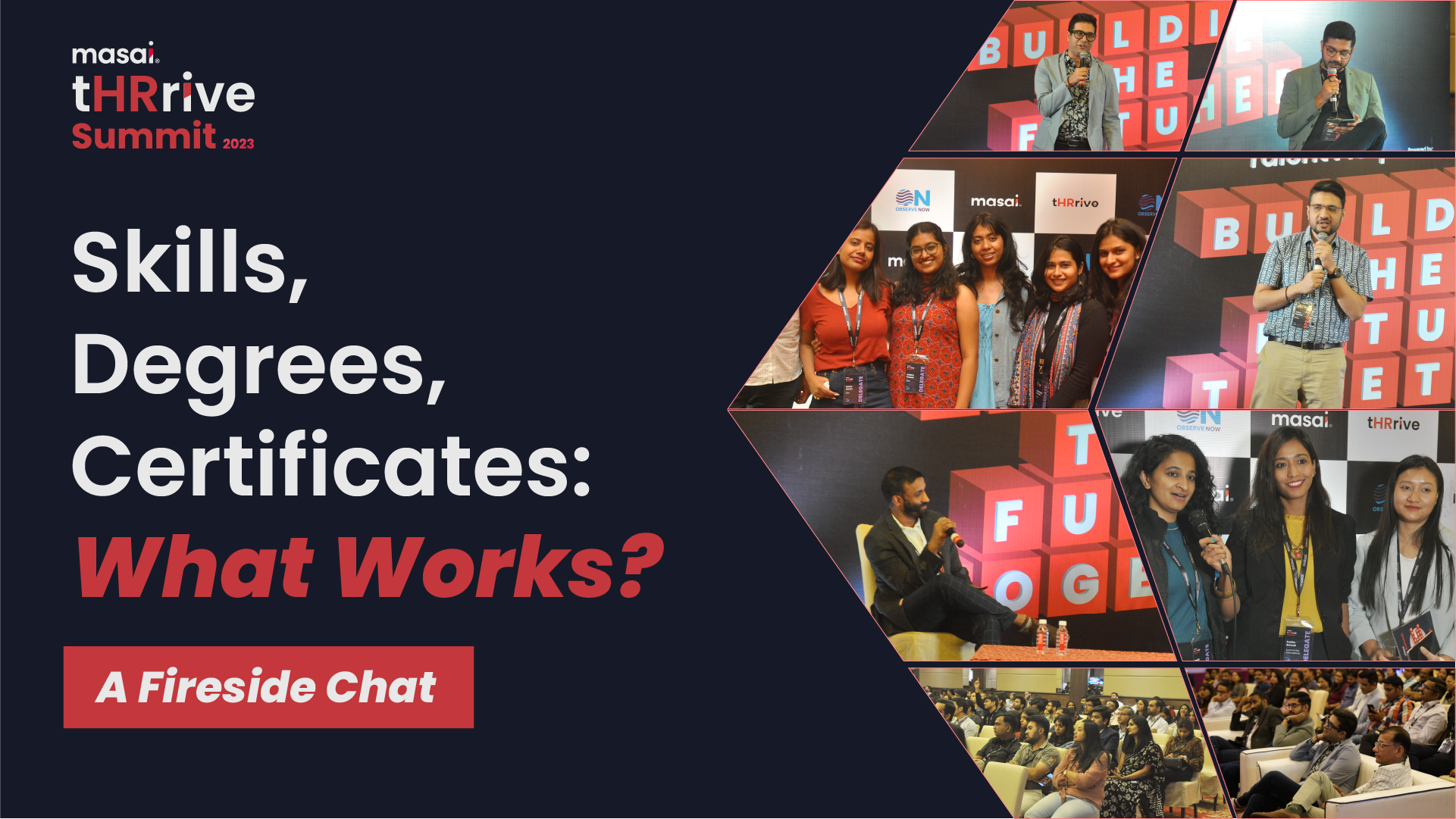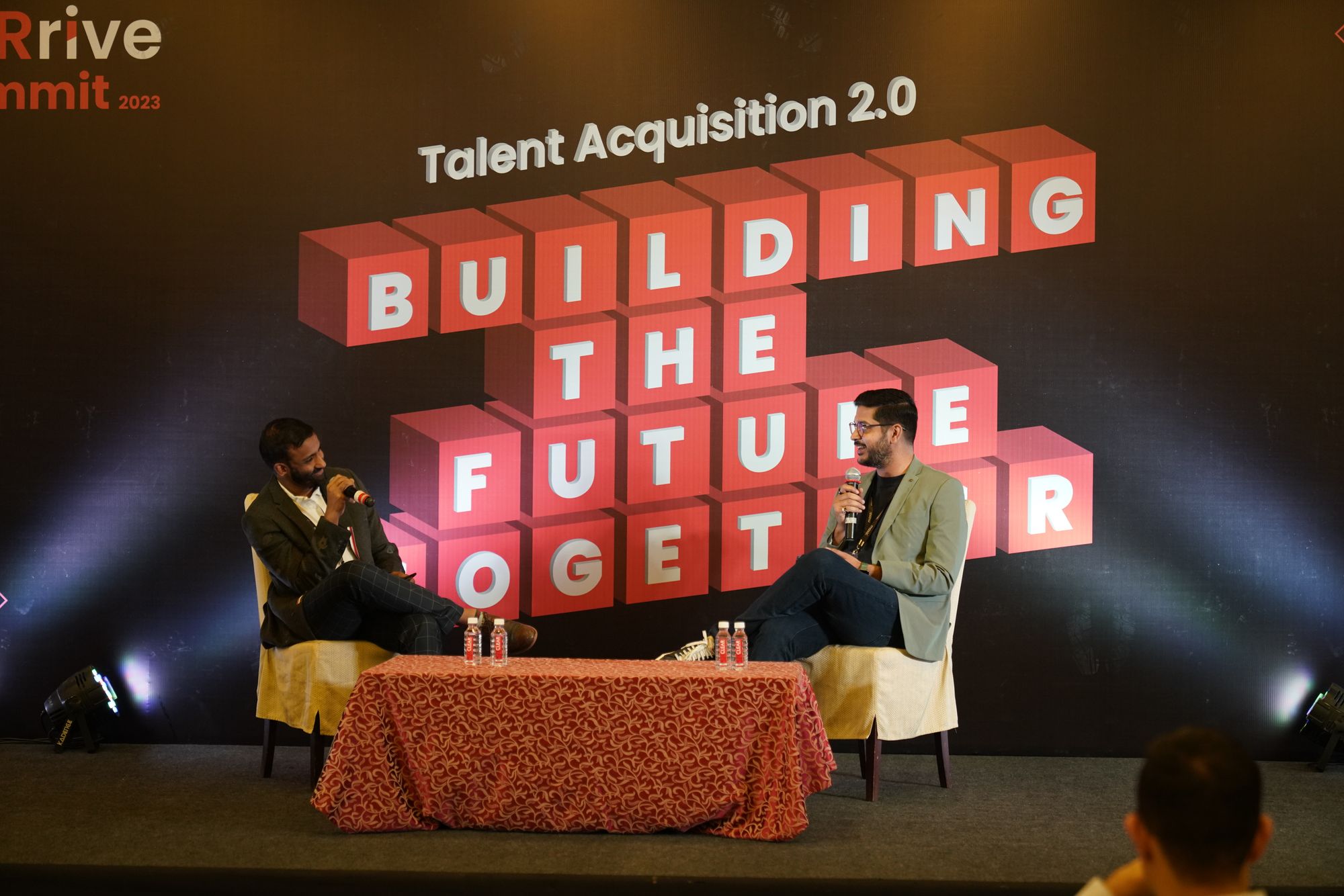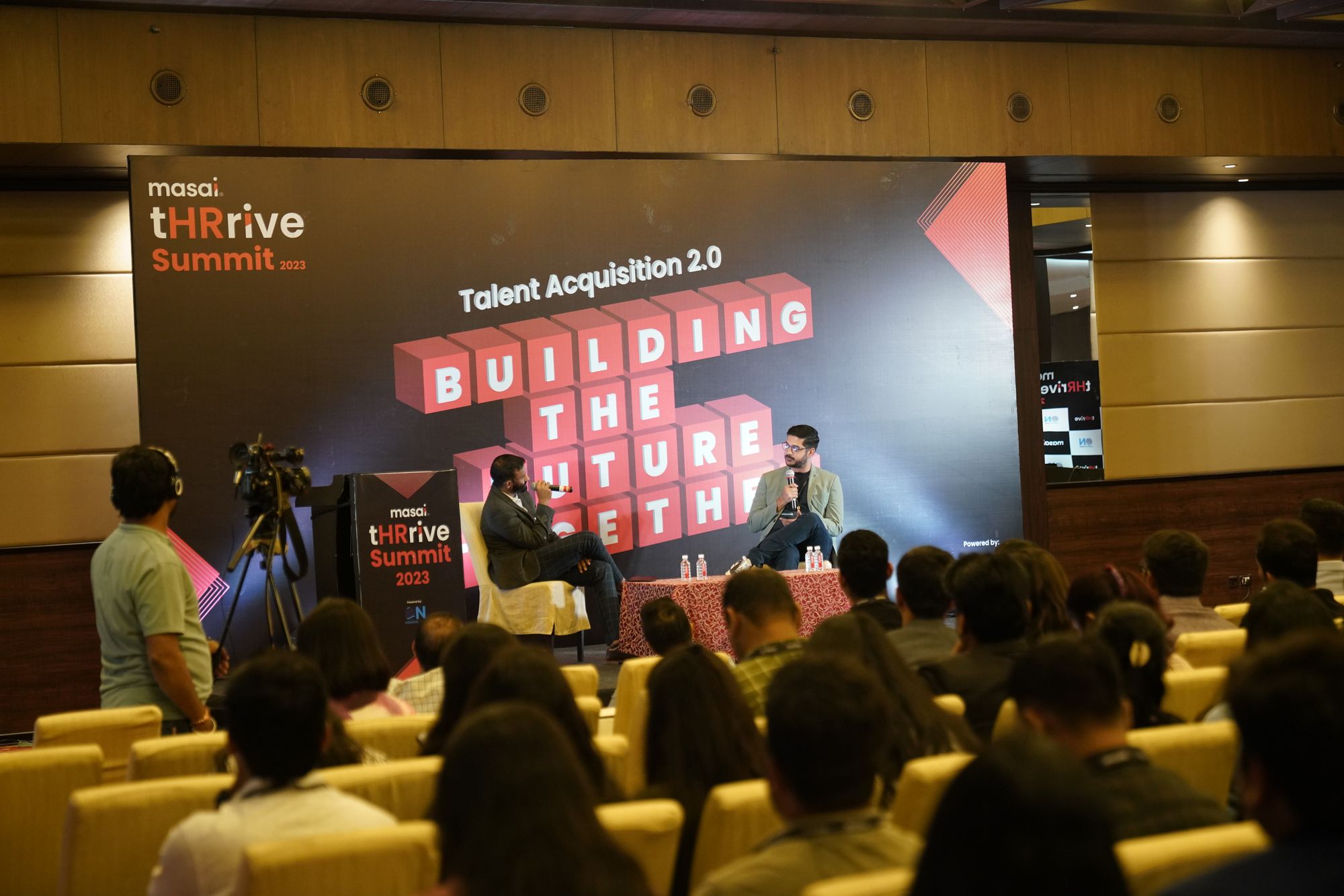Tech Hiring Dilemma: Skills Vs. Degrees Vs. Certificates – What Matters Most?

Is a degree enough to secure a tech job in India's booming IT sector? Explore the shift towards prioritising skills over credentials.
Home to the 3rd largest publicly funded higher education system in the world[1], India produces some 65 lakh college graduates annually. Engineering graduates comprise 23% of these graduates[2]. Surely that should be more than sufficient to meet all of our country’s talent requirements, particularly in the $227 billion Indian IT sector[3]. Yet, only 3% of these fresh engineers manage to land high quality tech jobs[4], a harsh reflection of their sheer lack of the required skills.
Clearly, degrees aren’t an accurate reflection of the necessary skills that tech companies seek in their potential hires. So the question arises, when it comes to tech hiring - Skills, Degrees, Certificates - What Works?
In the rapidly evolving tech industry, where innovation is paramount, employers increasingly favour candidates with hands-on skills and practical experience. Consequently, the focus is shifting towards cultivating skill sets that align with the industry's dynamic demands, making skills the primary criterion for success in tech hiring.
This was the topic of and the question posed to Nitin Nahata, Group CHRO, Gameskraft in his fireside chat with Prateek Shukla, CEO & Co-founder, Masai at the inaugural Masai tHRrive HR Summit 2023.
In the discussion, which can only be described as engaging, insightful and thought-provoking, Nitin accurately pointed out that the Indian startup world has experienced phenomenal growth. But with the added pressure to become the next unicorn, companies tend to sprint to the finish line, sometimes at the cost of quality.
“The point really is, are we taking a step back and saying that, okay, well, how can I solve this problem? Are you trying to throw people at problems or problems at people every now and then?”
Nitin expressed his firm belief that talent acquisition needs to play a critical role in ensuring that skills are prioritised over degrees.
At this time, Prateek brought up the issue of a perceived lack of skilled talent in the market and wondered if the higher education system is failing to produce enough qualified candidates. Nitin acknowledged that this may be true. He however added that waiting for the education system to change may not be a practical solution. Instead, he suggested that businesses should focus on finding innovative solutions to talent acquisition and retention.
Prateek also emphasised the importance of continuous skill development and staying updated in the rapidly changing job market. He mentioned that individuals must take the initiative to upskill themselves and adapt to evolving industry demands. Nitin concurred, emphasising that a proactive approach to skill development is essential for both job seekers and employers in the current landscape.

Nitin also talked about Gameskraft’s own solution to this chronic industry problem, their campus training program - Generation G, created to groom the next generation of gaming leaders. He also discussed the key factors they look for in a candidate when hiring, stressing that while technology is important, it is more important to hire for behaviour, adaptability, and learning agility. These are the aspects employers need to consider whilst hiring to compliment a long-term vision of the company, alongside understanding the market and business requirements. But hiring the right set of people is just one side of the coin, as it’s just as important to know whom to let go.
In line with Gameskraft's commitment to nurturing future gaming leaders through Generation G, Nitin emphasised that when recruiting, they prioritise qualities like adaptability, learning agility, and behavioural traits, considering them crucial alongside technical expertise.
These attributes are crucial in synchronising the organisation's enduring vision with the ever-evolving market trends and operational requirements. Nevertheless, as Nitin emphasised, it is equally imperative to distinguish the appropriate timing and method for disengaging from employees whose alignment with the company's objectives and principles may have waned.
“What is important is do people have the learning agility and are adaptable? Are you hiring for a skill? Are you hiring for behaviour? Adaptability? That becomes very important”
Nitin spoke at length about the importance of culture and aligning candidates with the company philosophy in contributing to the overall health of the organisation. He stated how onboarding people who do not align with these can prove catastrophic to the organisation’s success.
So does this mean everyone is hiring for skills? The answer unfortunately is, “no”. Prateek went on to share his own personal experience as an IIT graduate to outline how biases towards degrees still exist in some industries.
Prateek's personal experience as an IIT graduate underscores the persistence of biases favouring degrees in certain industries. Despite the growing importance of skills, culture alignment and philosophy in hiring decisions, these biases continue to influence hiring practices in some sectors, indicating that both degrees and skills still hold significance in today's job market.
“When my team works with a lot of industry folks, we still keep on hearing these biases towards degrees and certificates. There has to be a candidate with 60% in 10th & 12th - this is something which is very, very important to them.”
Nitin re-emphasised the importance of hiring the right people and investing in their growth, even if it means going against traditional hiring practices, including forgoing IIT graduates for candidates who better align with company goals and culture.
In line with this perspective, companies increasingly value candidates with specific skills over prestigious degrees, recognising that practical expertise often leads to better performance and adaptability in today's evolving job market. This shift towards skill-centric hiring reflects a broader trend in the industry.
“We are a tech company, and because culture is important for us, if you're not aligned, it's okay. You can leave. We will find more people.”
He shared two more instances from his own experience of how companies invested in building skill sets for their employees. In the first example, Nitin talked about the banking boom in 2006-07 when many foreign banks planned to hire people in India but struggled to find the required skill set.

To address this issue, Nitin's employer, a leading international bank, started its own sales academy, which focused on hiring people with no understanding of banking and honing their behaviour and understanding of banking products. This academy became the grooming ground for most people and helped maintain an effective cost for the company.
Additionally, the success of Nitin's employer's sales academy is a testament to the growing trend in the banking industry, where practical skills and on-the-job training are highly valued, even over traditional degrees or prior experience. This approach allows companies to effectively bridge skill gaps and cultivate talent tailored to their needs.
In the second example, Nitin talked about a brand he played a pivotal role in launching in India - Starbucks. Starbucks is renowned for delivering consistent coffee experiences globally. Nitin revealed that they faced challenges in hiring people who could maintain this consistency. While they hired employees from existing players like Barista and Cafe Coffee Day, to help them unlearn and then learn the Starbucks process, they were sent to Singapore and Malaysia for three months each.
In addition to the training in Singapore and Malaysia, Nitin emphasised the importance of skills over degrees, stating that Starbucks valued candidates with a strong grasp of coffee-making techniques and customer service skills, even if they didn't possess formal degrees in the field. This highlights the growing trend in the job market where employers highly value practical skills, sometimes even surpassing the significance of traditional degrees.
“And that was again an investment. So every time we go to Starbucks, there's a lot that has gone behind in making that consistency happen. And that was through investment”
In closing, Nitin advised the audience to stay on top of their game and not let anyone tell them what to do. He emphasised the importance of thinking long-term and solving problems in a way that will prevent them from recurring in the future.
FAQs
Are degrees still important for getting tech jobs in India?
While degrees are significant, the tech industry increasingly values practical skills and adaptability over traditional qualifications. Many companies prioritise candidates who can demonstrate hands-on expertise and align with their culture and values.
How can I improve my chances of landing a tech job in India's competitive market?
Focus on honing your practical skills, stay adaptable, and embrace lifelong learning. Consider aligning with companies that value behaviour, culture fit, and skill development. Networking and seeking opportunities for upskilling can also boost your prospects.
—-----------------------------------------
[2]https://www.thehansindia.com/hans/young-hans/why-do-graduates-struggle-for-jobs-in-india-745646


